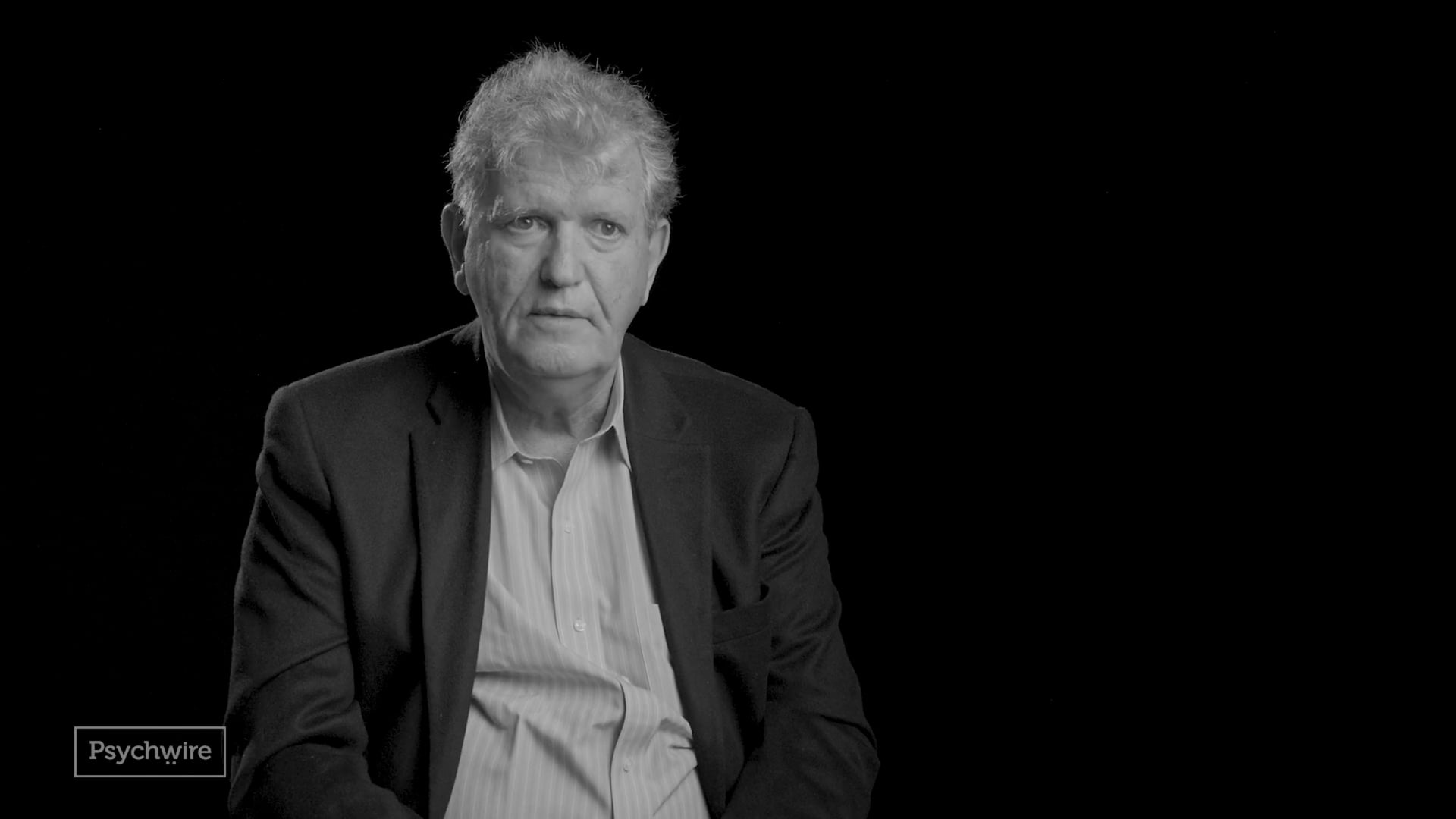
Reframing Loneliness
 Foundational CBT
Foundational CBTYou can think about the emotion that we have. Let's say loneliness, the emotion of loneliness. I feel lonely. I then may have thoughts about that loneliness, that that loneliness will go on forever. I should not feel lonely, that a real man should be strong and not need anybody. Or I could have thoughts about my loneliness that I'm lonely because I miss somebody that matters to me.
I wanna be the kind of person who misses his partner. I value the idea of having a relationship and being connected. Once the emotion has occurred, you then have thoughts about that emotion, interpretations. Those interpretations then may lead you to avoid situations that may lead to loneliness. Like, I'll go to a bar and I'll hang out with strangers, then I won't be lonely. Or you can normalize the loneliness. Of course, I'm lonely. I'm away from my wife, and, you know, I don't I miss her.
And I don't wanna be the kind of person who doesn't miss his wife. So that could reframe it as a positive. So what we know is that these beliefs about our emotion lead people to respond to these, quote, unpleasant emotions with strategies that are either helpful or not helpful. The non-helpful strategies are drinking, using drugs, binge-eating, avoiding, ruminating, worrying. The adaptive strategies are normalizing, self-validating, linking my emotions to values, like the value of being connected, viewing emotions as temporary, viewing emotions as telling you what's important in life.